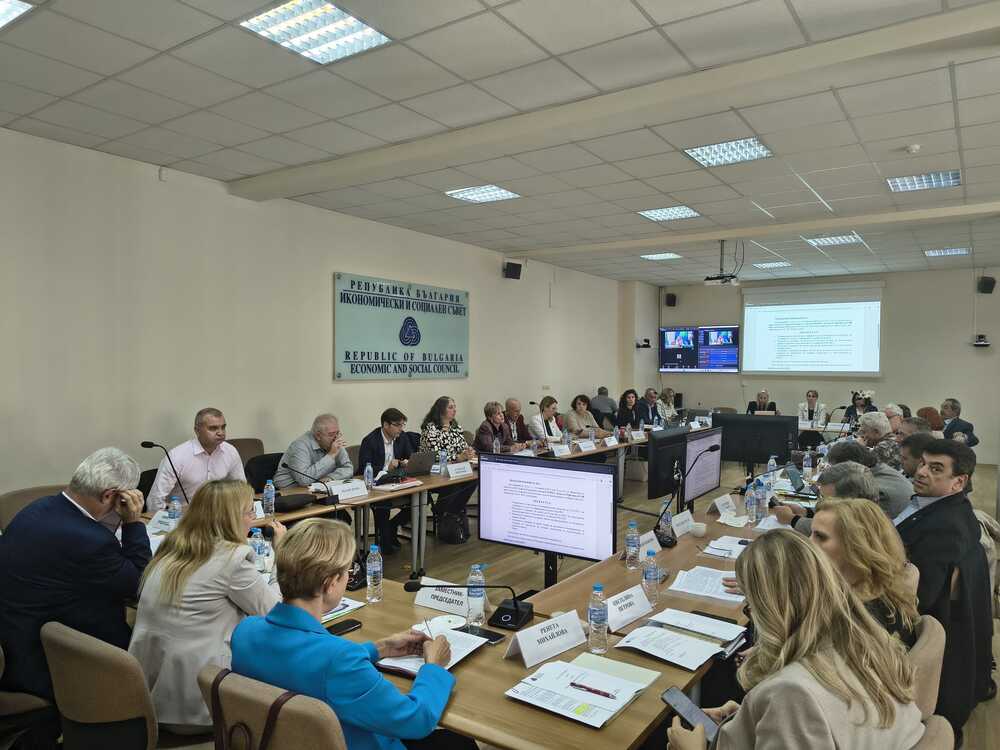site.btaEconomic and Social Council Calls for Fairer EU Financial Framework Reflecting Bulgaria’s Interests


The Economic and Social Council (ESC) urged that the new Multiannual Financial Framework (MFF) of the European Union for the 2028-2034 period ensure a fairer approach to member states, more flexible and efficient fund management, and a stronger social focus, the Council said on Friday. In a resolution adopted at a plenary session, the ESC noted that the European Commission’s proposal should take into account the real challenges facing the economies of individual countries, including Bulgaria, as well as the need for fuller involvement of social partners and civil society in its implementation.
The Council identified a number of problematic provisions in the Commission’s proposal that, in its view, place Bulgaria at a disadvantage by failing to reflect the specific risks to the country’s economy, security and social progress. Among them is the omission of the Black Sea from recognition as a border of an active military conflict, which the ESC said disregards Bulgaria’s efforts to support Ukraine and the additional costs and lost benefits it has incurred during the third year of the war.
One of the key weaknesses in the proposed MFF, the resolution continues, is the insufficient funding for tackling social challenges, including poverty and inequality, as well as for supporting education closely linked to improving competitiveness. These shortcomings are particularly concerning in the context of rising external risks, including adverse geopolitical developments.
The ESC called for meaningful participation of social partners and civil society organizations in the programming and monitoring of the MFF, stressing that their role cannot be reduced to that of mere observers. The Council also raised concerns about the excessive centralization of the management of key EU instruments such as the Common Agricultural Policy, the European Social Fund+, and the European Competitiveness Fund. It suggested exploring hybrid governance models with stronger national involvement to ensure that local priorities are better reflected.
The ESC welcomed the EU’s ambition for a more independent, secure and prosperous Europe and expressed support for goals such as greater budgetary flexibility, simplified and effective financial programmes, and enhanced competitiveness through innovation and the development of clean and smart technologies.
However, the Council cautioned that these objectives can only be met if existing EU initiatives are effectively implemented, a target that has not yet been fully achieved. It noted that the Recovery and Resilience Plans have produced uneven results across member states, while centralized programmes such as Horizon Europe tend to widen disparities instead of narrowing them. The ESC also stressed that decision-making at both the European and national levels should become faster but continue to include proper consultation with social partners.
/RY/
news.modal.header
news.modal.text